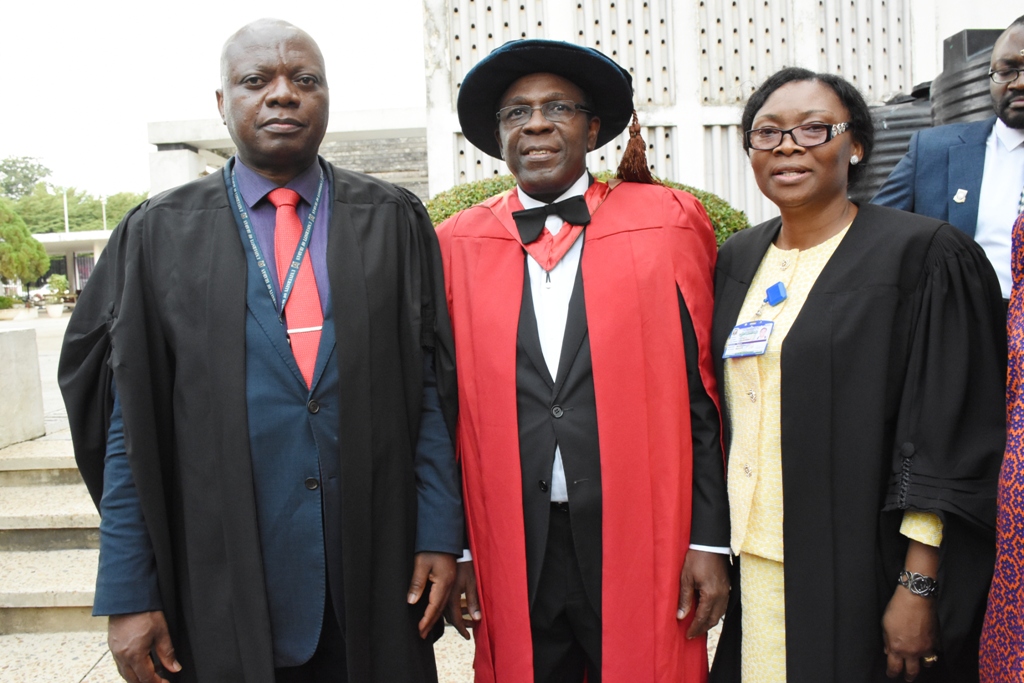Tradition, Catalyst For Societal Change, Says Don
The central place of tradition as an agent of societal change and development was recently reechoed by the Head of Department of History, University of Ibadan, Prof. Christopher Ogbogbo.
Ogbogbo who is also the President of the Historical Society of Nigeria (HSN), stated this in an inaugural lecture titled: In defence of Tradition, he delivered at the University of Ibadan.
He added that any society or country which neglects the pivotal place of tradition was doomed to experience crisis of progress and unity.
The erudite scholar who also holds a Masters degree in Law and a legal practitioner, stressed that tradition was the intangible product of a community or group of people who, “In the course of interaction over the years develop some set of values that guide and dictate the basis of their activities, actions and interactions. It is intangible because it is in the domain of ideas which could be transmogrified into material aspects of existence. This explains why for the professional historians, the tradition of a people is a critical source of reconstructing the peoples’ past.”
Ogbogbo also disclosed at the lecture that following the concerted efforts of the HSN which he heads, the teaching of History would recommence this September in secondary schools across the country.
Ogbogbo who took his largely intellectual audience on memory lane of his academic sojourn anchored on the defense of tradition, added “Indeed, tradition should make change comprehensive and meaningful. Viewed from this perspective, tradition becomes a facilitator of change. Put differently, for change to be meaningful, it must be anchored on tradition, this is change based on people’s historical experience. Properly understood, development, which we all seek, has to be anchored on tradition in other to be impactful and meaningful; else, it becomes disruptive, ephemeral and baseless.”
Ogbogbo further affirmed that Nigeria was a dysfunctional nation largely because the country had recklessly abandoned her traditions and history.
His words: “Our lives, in all ramifications – education, economy, politics, and values – have been terribly infected by the virus of disorder. Our glorious past has been jettisoned and recklessly abandoned. The country and her citizens are hurting because we have neglected a most critical tool for nation – building.”



